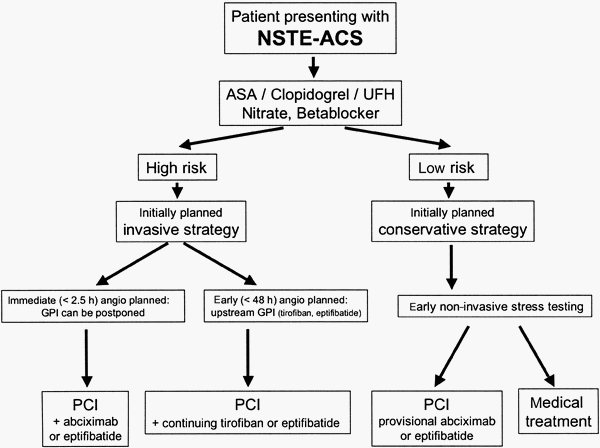Antiplatelet therapy Aspirin 2-4 non-enteric coated chewable baby aspirins (81 mg each) – buccal absorption is the fastest for platelet inhibition. Initial dose: 150 mg – 325 mg Daily dose: <150 mg For patients unable to take oral medications: Rectal suppository 325 mg Avoid in acute MI: Enteric coated preparations…
Tag: Emergency medicine
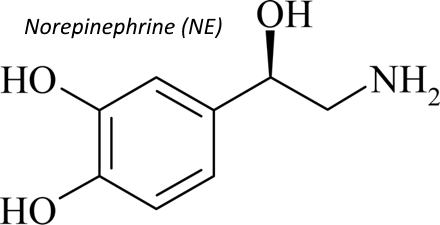
Early vs Delayed Norepinephrine Use in Septic Shock
Norepinephrine has numerous effects in sepsis including veno-constriction (increasing preload), arterial constriction (increasing systemic vascular resistance), positive inotropy, improved cardiac output, and improved renal perfusion. This addresses all the major derangements observed in cases of septic shock. It is important to realize that MAP doesn’t necessarily equate perfusion. Increasing the…
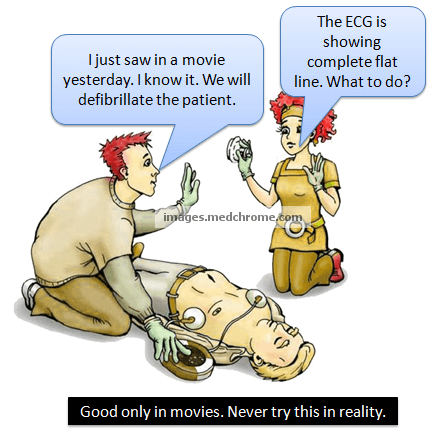
Why to not defibrillate Asystole ?
What is asystole? Asystole is a state of no cardiac electrical activity. It is seen as a “flat-line” in ECG monitor. However, other possible causes of flat-line should be ruled out before calling it asystole. They are: Loose or disconnected ECG leads Loss of power to ECG monitor Once, asystole…
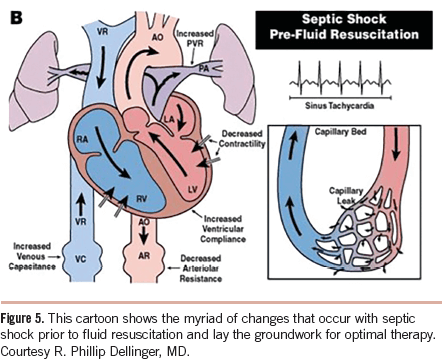
Septic Shock Fluid Resuscitation
Endpoints of resuscitation MAP: > or = 65 mmHg Urine output: > 0.5 ml/kg/hr; despite ↓RBF (Renal Blood Flow) it can be normal due to – Atrial natriuretic factor are elevated in sepsis Hypoproteinemia in sepsis – low plasma colloid osmotic pressure is less able to facilitate oncotic reabsorption. CVP:…
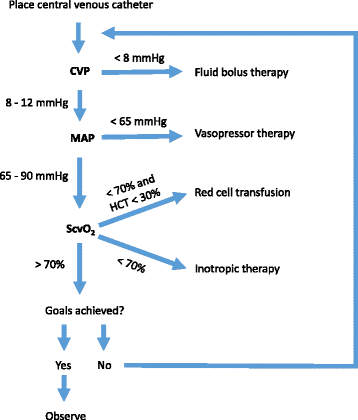
Is there no role of Early Goal Directed Therapy (EGDT) in Sepsis and Septic shock?
International Surviving Sepsis Campaign has recommended Early Goal Directed Therapy for the management of severe sepsis and septic shock. Recently, three large multicenter studies – the ProCESS (Protocolized Care for Early Septic Shock), ARISE (Australasian Resuscitation In Sepsis Evaluation), and ProMISe (Protocolized Management In Sepsis) demonstrated no difference in the…
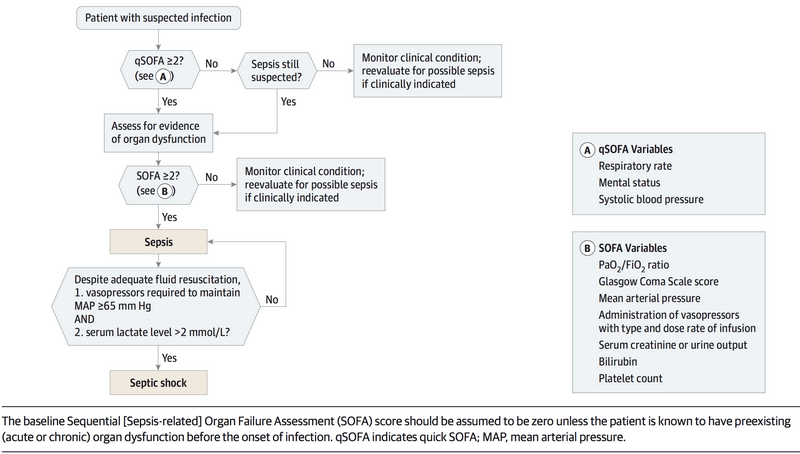
Understanding New Definition of Sepsis (Sepsis-3)
The Sepsis-2 definition used SIRS criteria and the term “Severe sepsis” which has been recently eliminated by the Sepsis-3. The new sepsis definitions recommend using a change in baseline of the total SOFA score of two or more points to represent organ dysfunction. New Definition of Sepsis and Septic Shock…

Postpartum Eclampsia : Case Discussion
History 23yrs/F non-diabetic, non-hypertensive, non-smoker, non-alcoholic primigravida was admitted to Obstetric ward on with the chief complaints of: Cessation of menstruation X 9 months Decreased fetal movement X 6 hours LMP 2072/04/12 EDD 2073/01/19 GA 41 WOG Examination
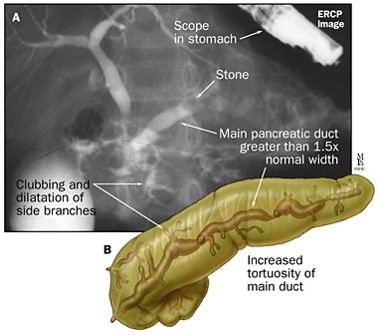
Acute Pancreatitis – Case Discussion
Cases of Acute Pancreatitis Case 1 32 years old male came to emergency department with complaint of: Upper abdominal pain X 3 days Vomiting X 2 episode (3 days back) Yellowish discoloration of urine and decreased urine output X 2 days Vitals: Pulse rate BP RR TPR SpO2 Triage Level…
